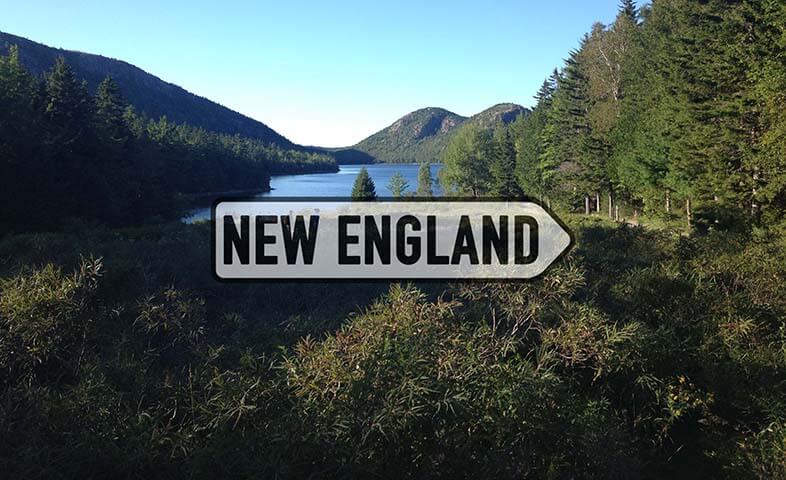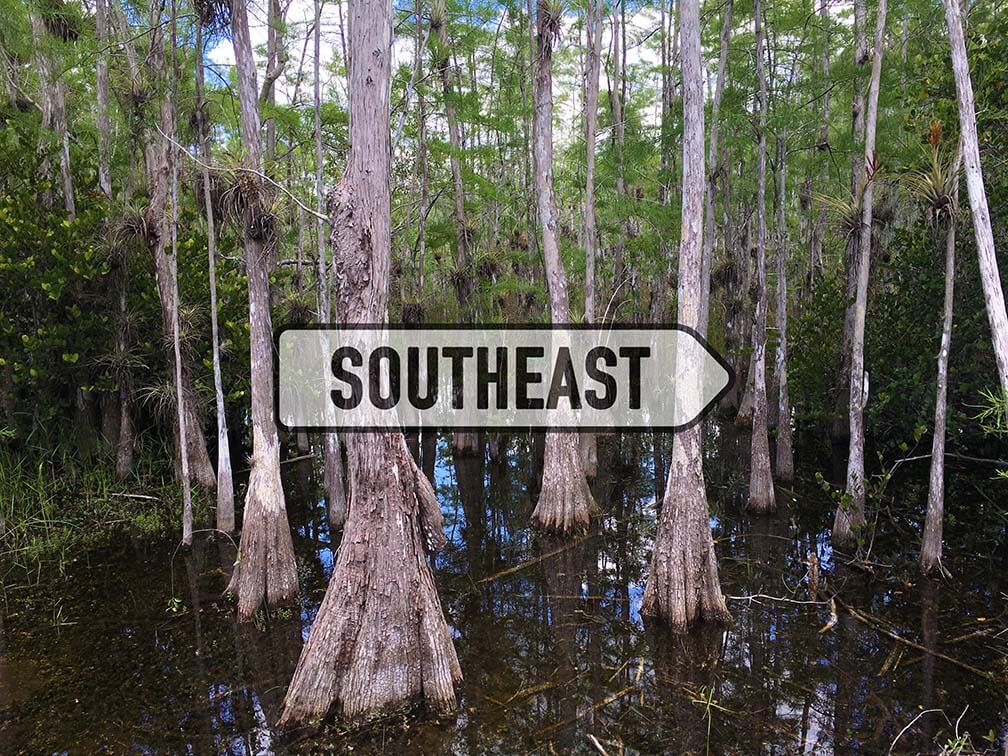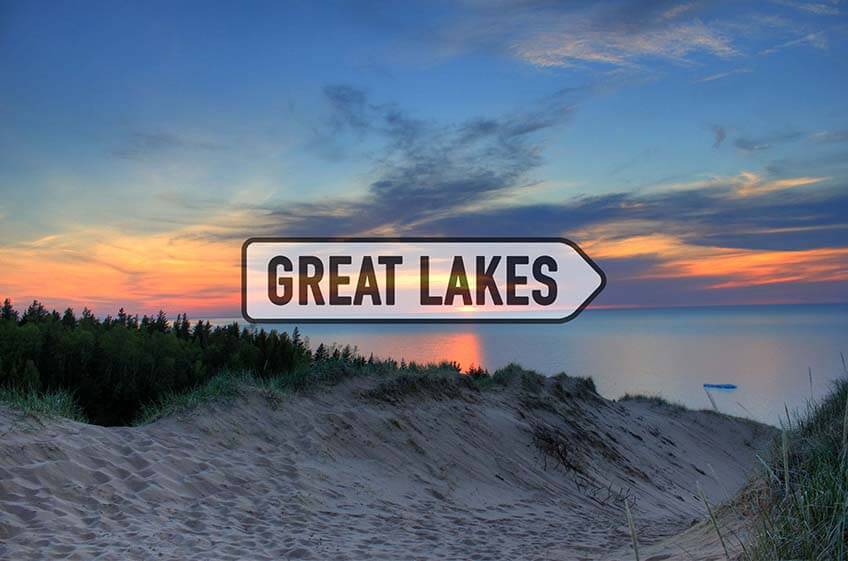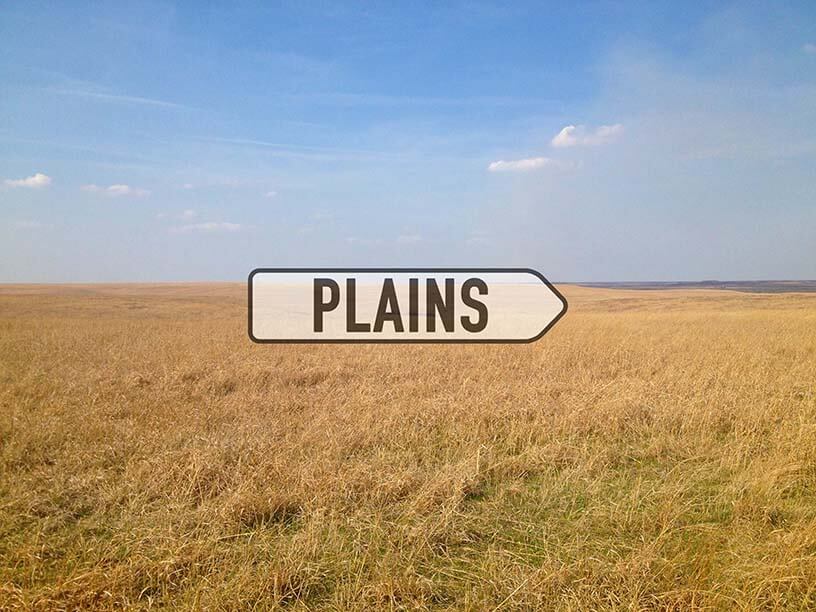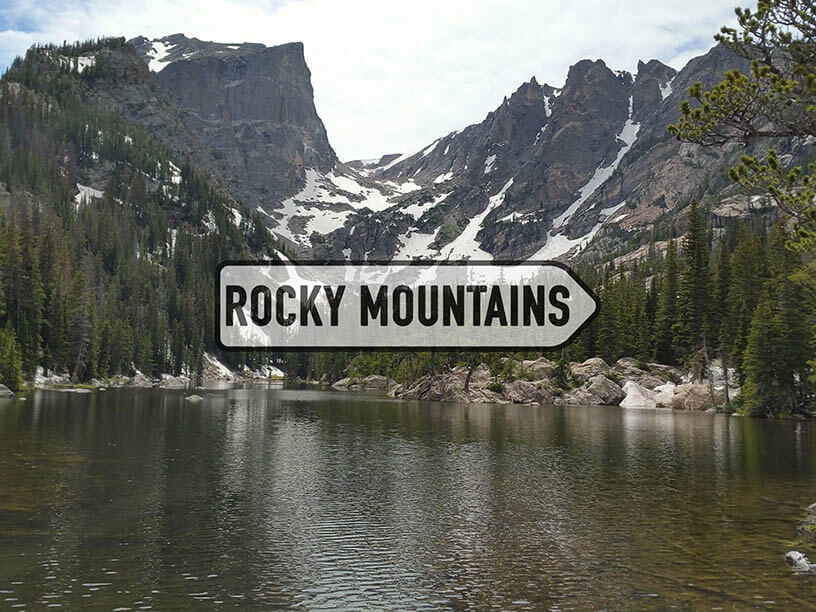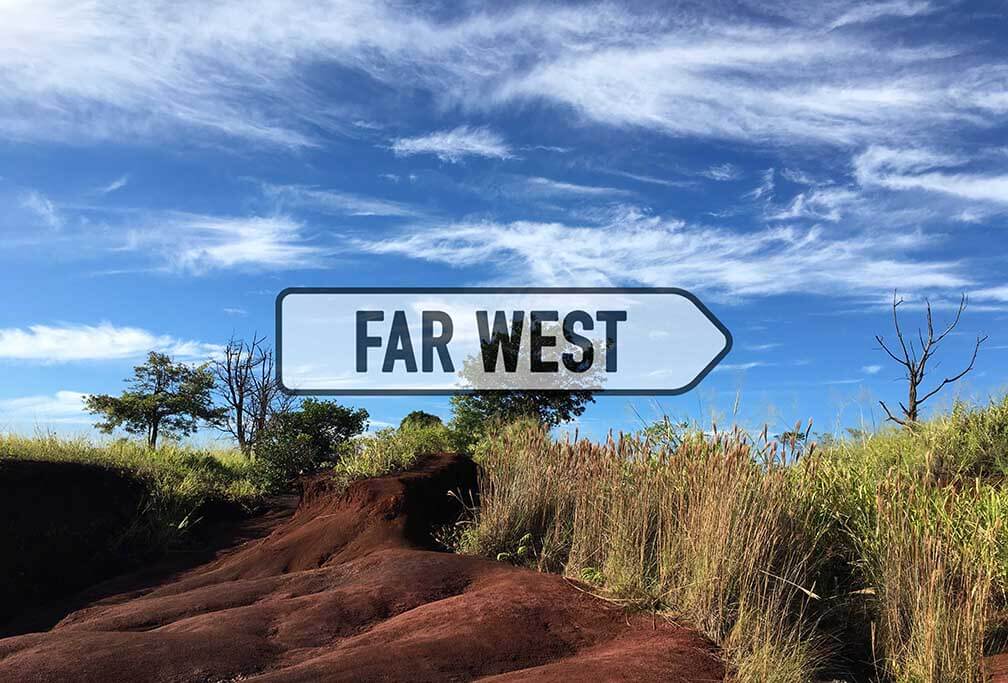Night Hike, Cuyahoga Valley National Park, Northeastern Ohio
By Kristin Bryant Rajan
Three hours after sunset
we take the Buttermilk Falls trail.
The breeze is gentle
for Ohio in October.
The air heavy with sweet nostalgia
of how quickly seasons cool.
Descending deep into the woods
we marvel at the pantomime around us
how shadows and trees
hold more life at night.
We approach a mound of darkness —
you see a void — the anti-bonfire.
I see a heap of buffalo,
a sacrifice of sorts.
We both see a massive arrow piercing through the textured shade.
We find meaning in the dark shapes of the forest.
As we step closer, our focus sharpens —
a tree has fallen
pulling up the earth and roots with its descent.
We peer beneath ripped earth
the majestic tree on the ground.
Dark, cool, moist
the delicate sinewy strands of roots are white
like stars against the black sky of earth.
We sit beneath in silence.
This tree is protective
even when uprooted.
Kristin Bryant Rajan is a PhD in English, with a focus on Virginia Woolf, and an interest in the nature of identity in modernist literature. She currently teaches at a community college in Atlanta, GA and enjoys writing fiction, poetry, and creative non-fiction. Her writing can be found in: The Watershed Review, The Explicator, The Fredericksburg Literary and Arts Review, The Apeiron, the anthologies Moon Days: Creative Writing about Menstruation and Just A Little More Time: 56 Authors on Love and Loss, among others. She was chosen as a 2016 Pushcart nominee and Best of the Net nominee. She finds writing to be an extension of her daily meditation practice, opening her awareness to the wonders of each day.
Featured image by Vladimir Agafonkin / CC
Discover more of our poetry series by selecting Parks & Points & Poetry



















